Search The Collection
Filter By
Object Type / Material
Geographic Location
Date / Era
Department
Show Only:
- As part of the Met's Open Access policy, you can freely copy, modify and distribute this image, even for commercial purposes.APIPublic domain data for this object can also be accessed using the Met's Open Access API
- Objects with changed or unknown ownership in continental Europe between 1933-1945. Learn more
Showing 224 results for quiver
Sort by:
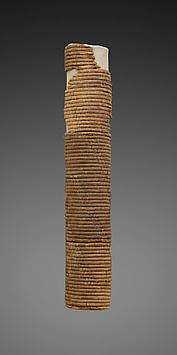
ca. 1981–1550 B.C.
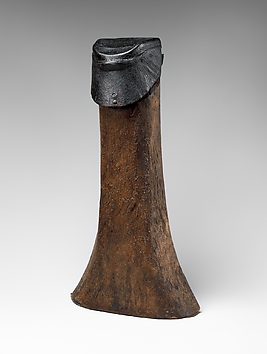
Western or Central European; quiver, possibly German
quiver, probably early 16th century; bolts, 14th–16th century
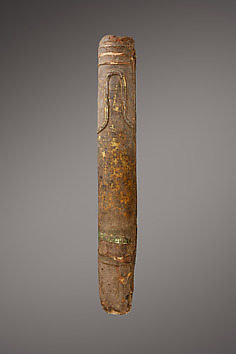
ca. 1550–1295 B.C.
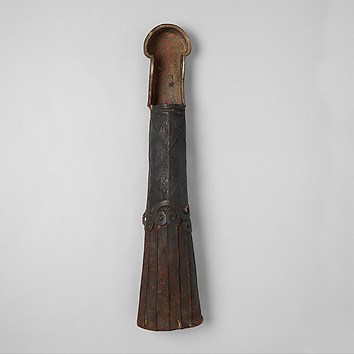
Tibetan or Mongolian
14th–15th century
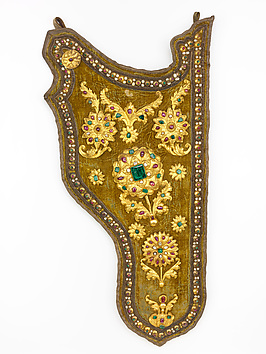
Ottoman
before 1742
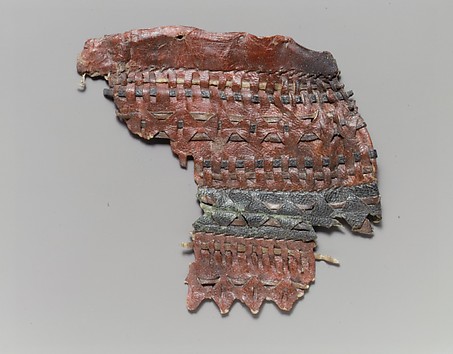
ca. 2124–1981 B.C.
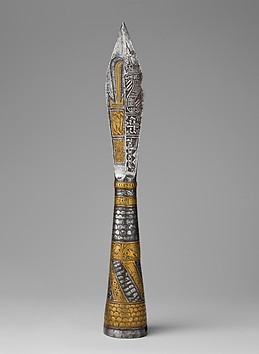
Bohemian, probably Prague
ca. 1437–39
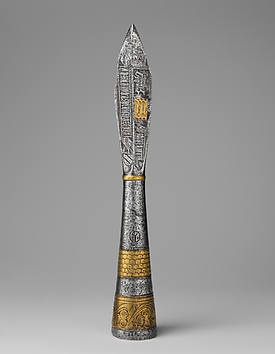
Bohemian, probably Prague
1437–39
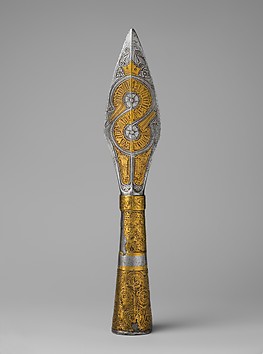
Bohemian, probably Prague
1437–39
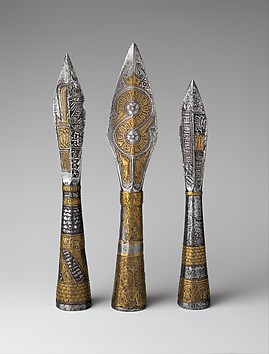
Bohemian, probably Prague
ca. 1437–39
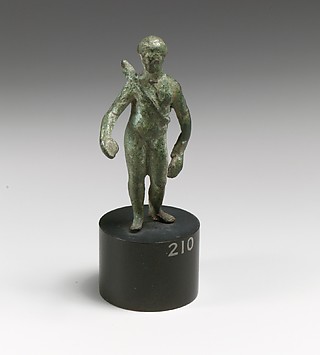
Roman
1st–2nd century CE
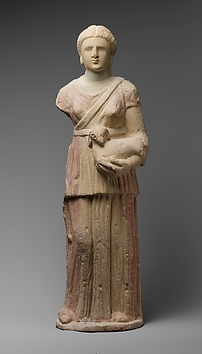
Cypriot
3rd–1st century BCE
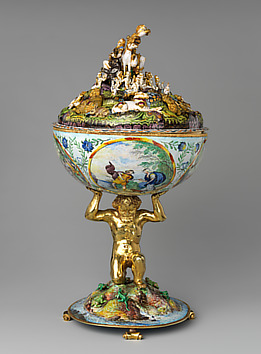
Jan Vermeyen
1641–42, the jeweled elements on the lid in the form of animals, amorini holding bow and quiver, and the statuettes of Orpheus and Diana, Prague, ca.1600
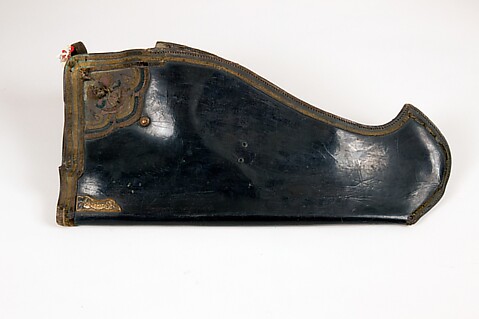
Korean
16th–19th century
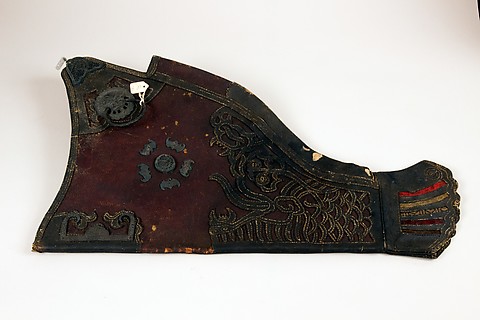
Chinese
19th century
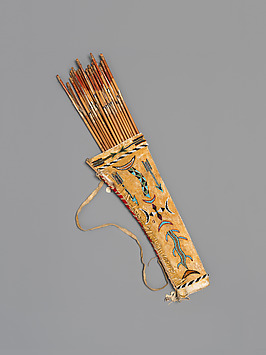
Apache, Native American
ca. 1875
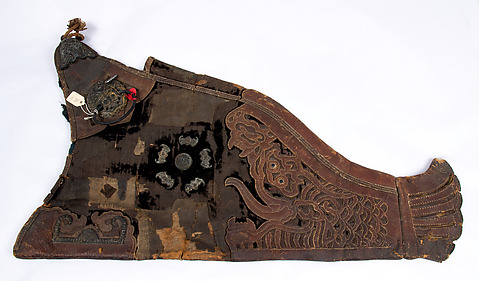
Chinese
17th–19th century
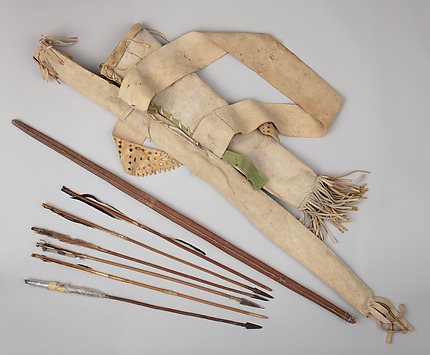
Native American, South West, Apache (?)
late 19th century
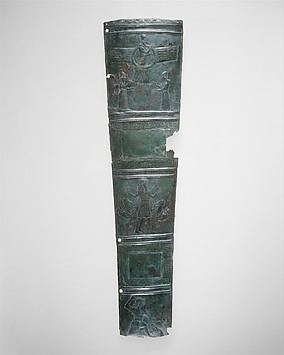
ca. 9th–8th century BCE
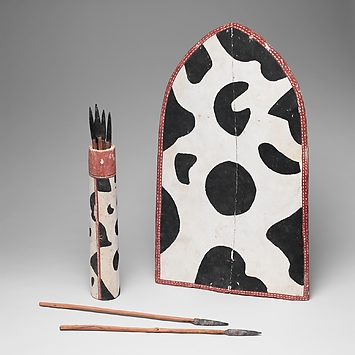
ca. 1981–1802 B.C.

ca. 1981–1802 B.C.

ca. 1981–1802 B.C.

ca. 1981–1802 B.C.

ca. 1981–1802 B.C.

ca. 1981–1802 B.C.

ca. 1981–1802 B.C.
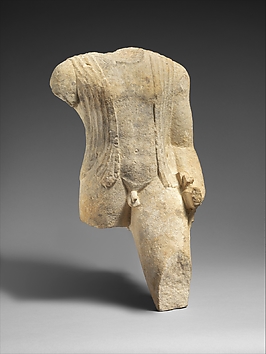
Cypriot
late 6th century BCE
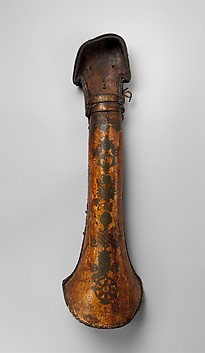
Tibetan or Mongolian
14th–16th century
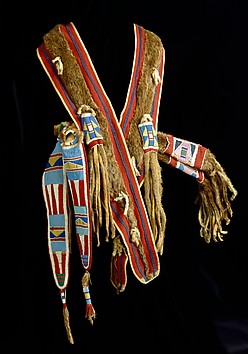
Crow
ca. 1875
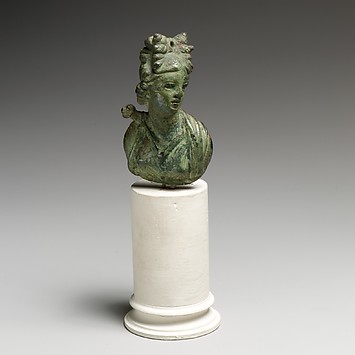
Roman
1st half of the 1st century CE

Subeixi or Scythian
8th–3rd century BCE
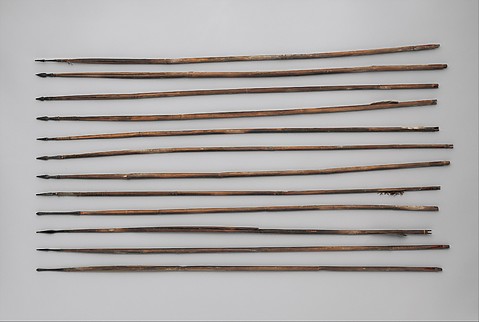
Tibetan
16th–18th century
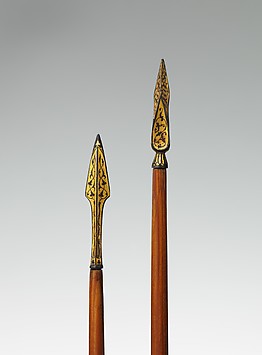
Turkish or Iranian
probably 16th century
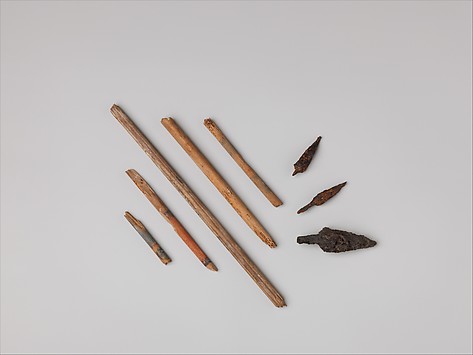
Western European or Near Eastern
before 1272
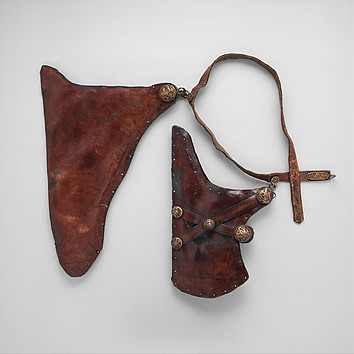
Tibetan or Mongolian
15th–17th century
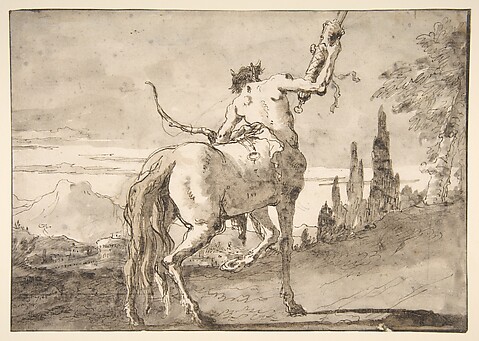
Giovanni Domenico Tiepolo
1727–1804
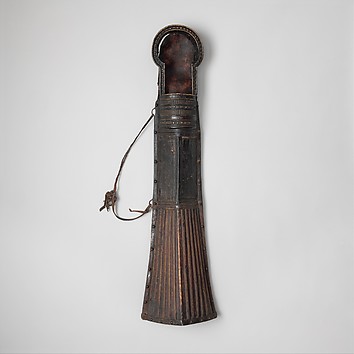
Tibetan or Mongolian
late 13th–15th century
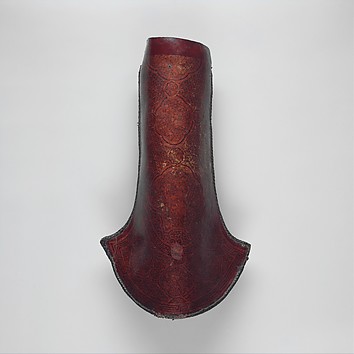
Tibetan or Mongolian
15th–17th century
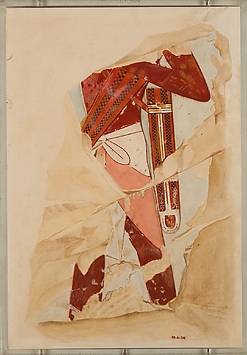
Hugh R. Hopgood
A.D. 1915; original ca. 1479–1458 B.C.
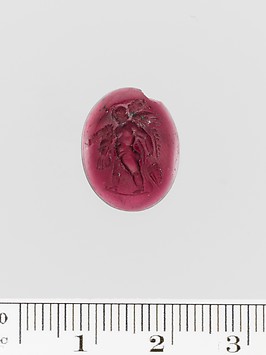
Italic
1st century BCE